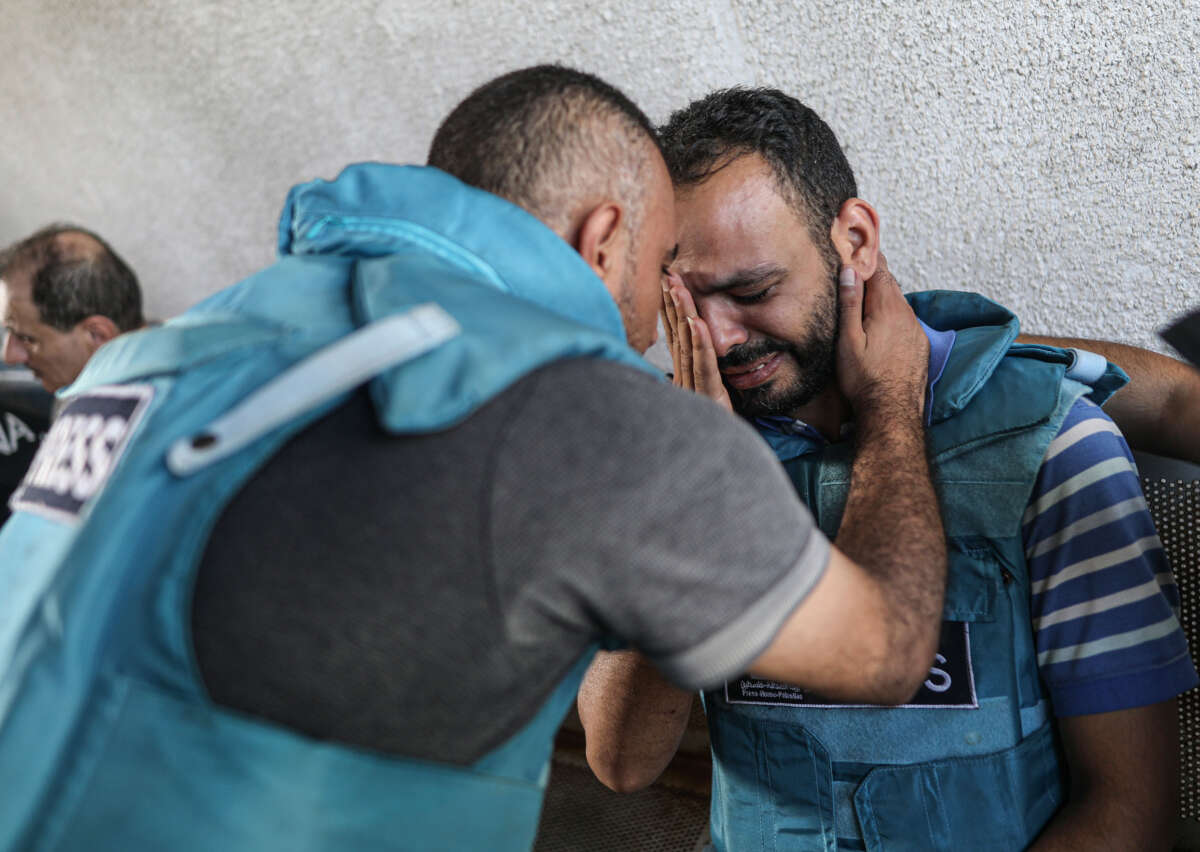The obituary of Ghassan Kanafani (1972) in Beirut’s Daily Star reads “Ghassan was the commando who never fired a gun. His weapon was a ballpoint pen and his arena newspaper pages. And he hurt the enemy more than a column of commandos.”
The pen or the sword?
The age-old question as to which tactic wields greater influence has ignited debates amongst thinkers, strategists and revolutionaries alike. Kanafani, the pen-wielding revolutionary, exemplified the impact of literature and journalist expression as a tool for forging national identity and resistance. His assassination in 1972 by Mossad serves as a reminder of the lengths to which Israel’s oppressive forces go to silence the pen, thereby underscoring its perceived threat.
As a Beirut paper stated shortly after his death “he was like a mountain and a mountain can only be destroyed by dynamite.” Kanafani’s hold is as present today as it was then. His work forms part of a collective Palestinian understanding that is celebrated through the transmission and translations of his work as well as in the murals that appear in Palestinian refugee camps across the Middle East.
The pen undoubtedly acts as a mouthpiece to inform, garner solidarity and entice support through emotive or factual expression.
Israel targets civilians and journalists
Despite being a weapon for raising awareness and fostering a collective consciousness, the pen’s existence does not soften the grim reality of a death toll of 14,500 Palestinian deaths – a third of whom are children.
Israel’s targeted murder of journalists, which now exceeds 60 lives, signifies a concerted effort to stifle the pen. Rigorous censorship of Palestinian ideas on the internet, and the suppression of sympathetic voices in the West highlights the fear and capabilities the pen imposes to those in power.
Israel’s reaction cynically begs the question: what are they hiding and what realities are in need of exposure? Today, Palestinian forms of resistance exist in a multitude of forms, not simply limited to literature and written word.
Existent in film, media and journalism, the acts of resistance that perhaps were once left to the intellectual are now accessible to all users of technology. An individual’s ability to consume content regarding Palestine or create their own content has never been so readily available.
On TikTok, the app which attracts and serves a younger generation, the FreePalestine hashtag today exceeds 29 billion views. Just last week TikTok had to admit that the app does not tamper with the posted content, stating that “teens are just pro-Palestine.”
The irony lies in technology, a product often linked to Israeli advancements at the expense of Palestinian freedom, potentially serving as a conduit for global comprehension of Palestinian reality.
Likewise, the internationally recognised Palestinian figures that are now Plestia, Motaz, and Bisan, among others, have risen through this technological landscape. Their combined following exceeds 20 million users who regularly engage with their daily content production.
Their voices have undoubtedly altered the face of revolutionary moments. Their ability to relay their emotions with online audiences by recognising, and understanding their own suffering is something that media conglomerates, particularly western ones, have systematically failed to achieve in the absence of Palestinian voices.
The Western media, who for so long have attempted to interpret, narrate, and untangle Israel’s occupation of Palestine, do so by dancing and bowing to political control and government agendas, and so continue to undermine their own credibility especially when they stand amidst a vast and expanding catalogue of Palestinian voices.
Despite this, Israel has managed to forge a unique space for themselves on the international stage. Due to the consistent bombardment of Gaza, the strip is now the most dangerous place in the world to report from, according to London based newspaper The Guardian.
Likewise, Reporters Sans Frontieres has stated that Israel is “eradicating journalism” not only by directly targeting journalists, but by switching off electricity making fair reporting an impossible ideal.
The injustices continue online too. Meta has systematically and deliberately targeted Palestinian voices across their platforms by issuing shadowbans, which decrease the number of views per post in comparison to followers and deleting accounts that are of a pro-Palestine nature.
7amleh, the non-profit organisation who advocates for Palestinian digital rights, has reported an “unprecedented rise in the silencing of voices promoting the Palestinian cause” since October 7 – most notably, hiding content that related to the bombing of Al-Ahli Hospital.
Apps such as TikTok have therefore become more prominent forums for debate in regard to Israel and Palestine the risk of digital violations increases.
Despite the challenges encountered by Palestinians whether imposed by major corporations or Western media conglomerates, Palestinian voices are successfully tapping into audiences across the globe.
The increased accessibility for information directly from the source has not only taught followers about the reality of Palestinian oppression, but also informed audiences on the strategies employed by those in power to suppress and silence Palestinian voices online.


